Fiction is Real or Fake Exploring the Boundaries of Imagination
Fiction is real or fake. Explore the power of storytelling, how fictional narratives reflect reality and offer profound truths, and the impact they have on our understanding of the world. Fiction, at its core, serves as a mirror reflecting the complexities of human experience, emotions, and societal norms.
Reflection of Reality
Through the lens of storytelling, both authors and readers embark on journeys that transcend the boundaries of time and space, exploring myriad themes that resonate with the human condition. Yet, as we delve into the realm of fiction, the lines between reality and fabrication often blur, prompting us to ponder the essence of truth in storytelling.
The Role of Imagination in Fiction
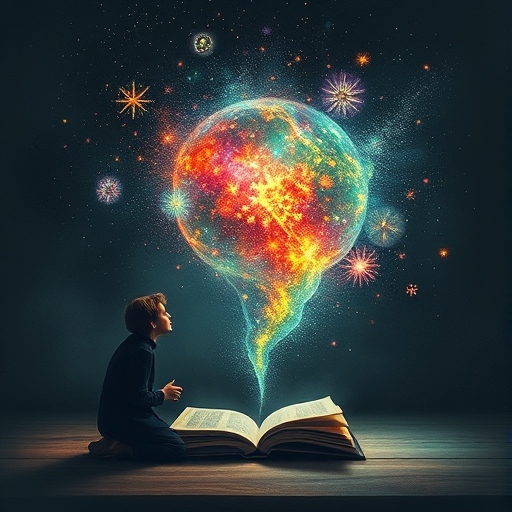
From ancient epics to contemporary novels, fiction has long been a powerful medium for conveying truths that might elude empirical scrutiny. Consider the works of authors like George Orwell or Toni “1984,” Morrison, whose narratives, while rooted in fiction, expose profound social injustices and challenge prevailing ideologies. These stories, though not factual in the traditional sense, illuminate the realities of human struggles, aspirations, and the moral dilemmas we face. They encourage us to confront uncomfortable truths about our society, our history, and even ourselves. In this light, fiction can be perceived as a form of truth-telling, offering insights that factual accounts may fail to capture.
Benefit Fiction is Real or Fake
The phrase “Benefit Fiction” could be interpreted in multiple ways depending on the context. Here’s a breakdown to clarify its meaning and whether it’s “real” or “fake”:
Refers to Literature:
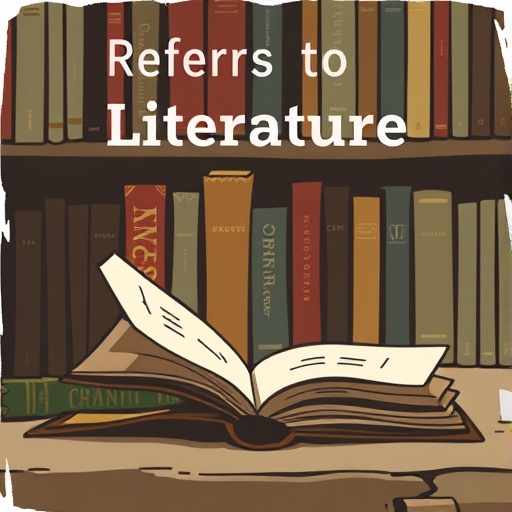
- Real: Fiction often provides real benefits, such as improving empathy, enhancing imagination, reducing stress, and stimulating creativity. Psychological studies show that reading fiction can help individuals understand different perspectives and develop emotional intelligence.
Means Unreal Claims of Benefits:
- Fake: In marketing or advertising, “Benefit Fiction” could refer to false claims about the advantages of a product or service. If benefits are exaggerated or fabricated, they can mislead consumers, making them “fake.”
Is a Philosophical Concept:
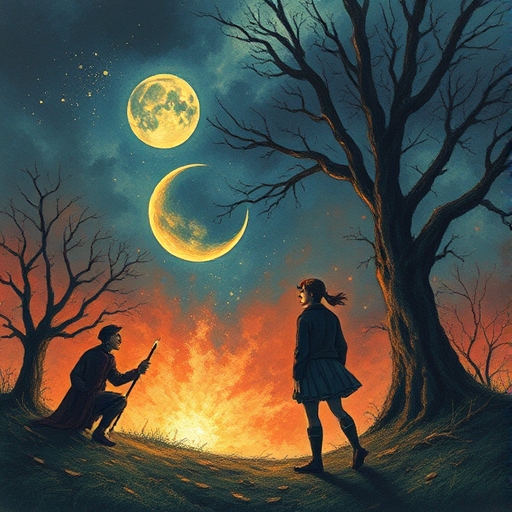
- Both Real and Fake: Fictional stories or narratives can produce real psychological or social benefits, even though the stories themselves are not literally true. For example, myths, parables, or fictional role models can inspire real-world actions and personal growth.
Fiction is real or fake, depending on how you define those terms. Here’s a simplified explanation:
Fiction Is Fake:
- Invented Stories: Fictional narratives, characters, and events are not factual or literal truths. For example, Harry Potter or The Lord of the Rings involve entirely made-up worlds and events.
- Creative Imagination: Fiction is a product of the author’s imagination and does not aim to represent actual occurrences.
Fiction Is Real:
- Emotional Impact: Fiction evokes genuine emotions like happiness, sadness, and empathy. These emotional responses are real.
- Universal Truths: Fiction often reflects deeper truths about human nature, relationships, and societal structures.
- Cultural and Historical Influence: Fiction can inspire real-world change, such as movements influenced by novels or films (Uncle Tom’s Cabin played a role in shaping attitudes about slavery in the 19th century).
Conclusion:
Fiction is “fake” in its form but “real” in its effects and significance. It blurs the line between reality and imagination by shaping how people feel, think, and act.
Frequently Asked Question
General Questions About Fiction:
- What is fiction?
Fiction is a type of storytelling that involves imaginary events, characters, and settings, rather than factual or historical accounts. - What are the main types of fiction?
The main types include novels, short stories, novellas, plays, and screenplays. Popular genres are fantasy, science fiction, mystery, romance, historical fiction, and thriller. - Why is fiction important?
Fiction helps us understand different perspectives, improves empathy, stimulates imagination, and provides entertainment. It can also offer insights into human nature and societal issues. - How is fiction different from nonfiction?
Fiction involves imaginary content, while nonfiction deals with factual information, such as biographies, essays, and history books. - What is the purpose of fiction?
The purpose can vary: to entertain, educate, inspire, provoke thought, or explore “what if” scenarios.
Questions About the Reality of Fiction:
- Is fiction real or fake?
Fiction is fake in that it is made up, but it often conveys real emotions, universal truths, and life lessons. - Can fiction teach us real-world lessons?
Yes, fiction often explores themes and situations that mirror real-life challenges, helping readers gain insights or develop empathy. - Does reading fiction improve your brain?
Research shows that reading fiction enhances cognitive skills, emotional intelligence, and the ability to empathize with others. - Why do people connect with fictional characters?
People connect with fictional characters because they represent relatable emotions, struggles, or aspirations, even if they exist only in stories.
Practical Questions:
- What are some must-read works of fiction?
- To Kill a Mockingbird by Harper Lee
- 1984 by George Orwell
- The Great Gatsby by F. Scott Fitzgerald
- Pride and Prejudice by Jane Austen
- The Lord of the Rings by J.R.R. Tolkien
- How do you write good fiction?
Key tips include developing compelling characters, creating an engaging plot, using vivid descriptions, and showing rather than telling emotions or events. - What is the difference between a novel and a short story?
A novel is a longer, more complex narrative, while a short story is concise, focusing on a single event or theme. - What is the role of imagination in fiction?
Imagination is central to fiction, allowing authors to create unique worlds, characters, and scenarios that captivate readers. - How does fiction influence society?
Fiction often shapes cultural values, challenges societal norms, and inspires change by presenting alternative realities or perspectives.
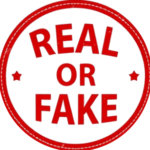
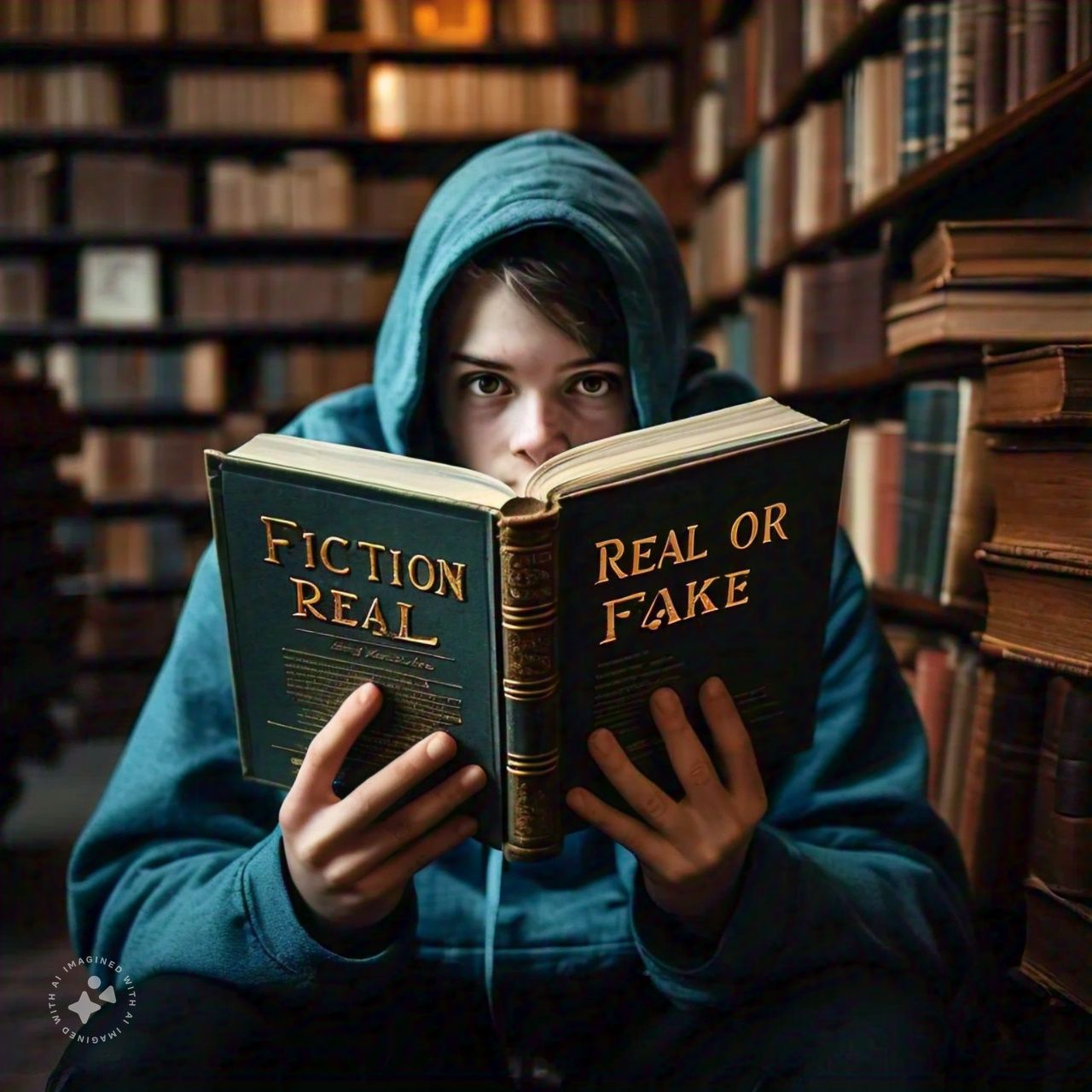
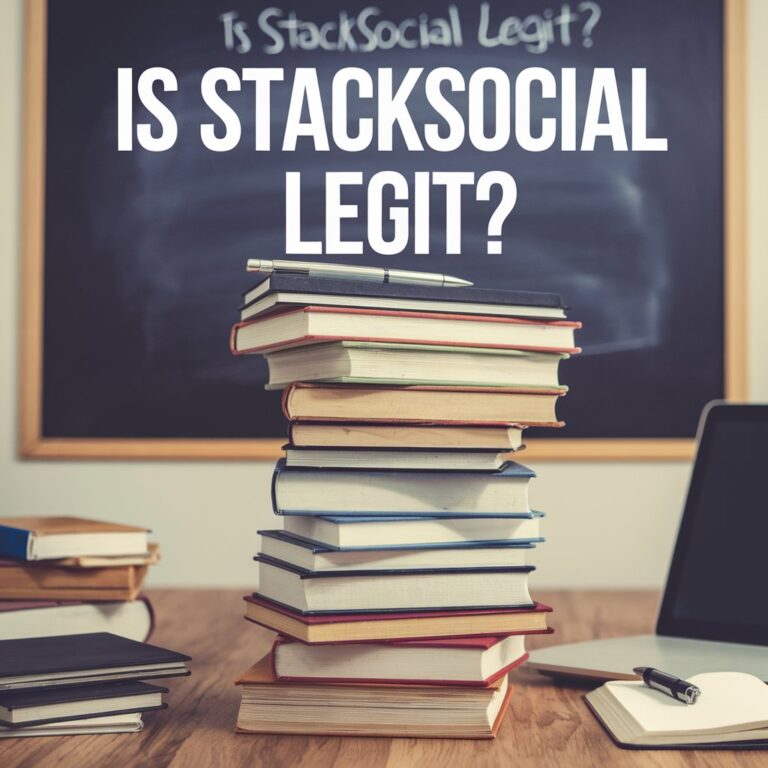




Thank you for your sharing. I am worried that I lack creative ideas. It is your article that makes me full of hope. Thank you. But, I have a question, can you help me?
yes, I can help you